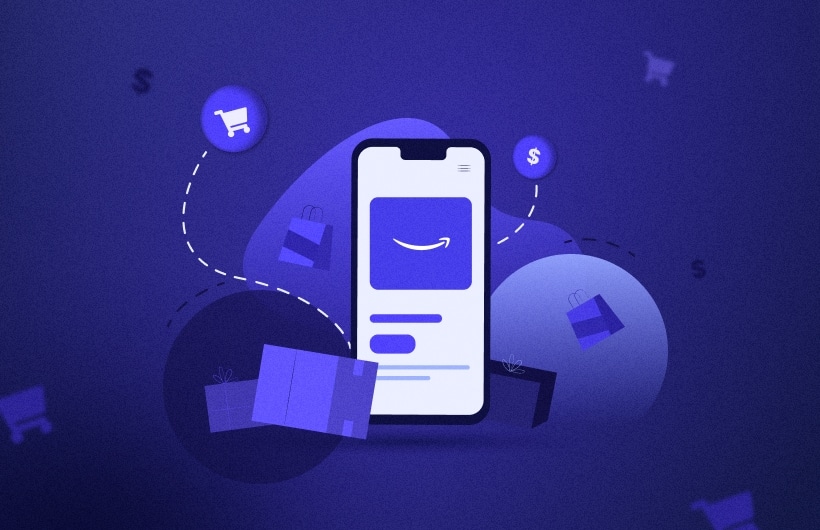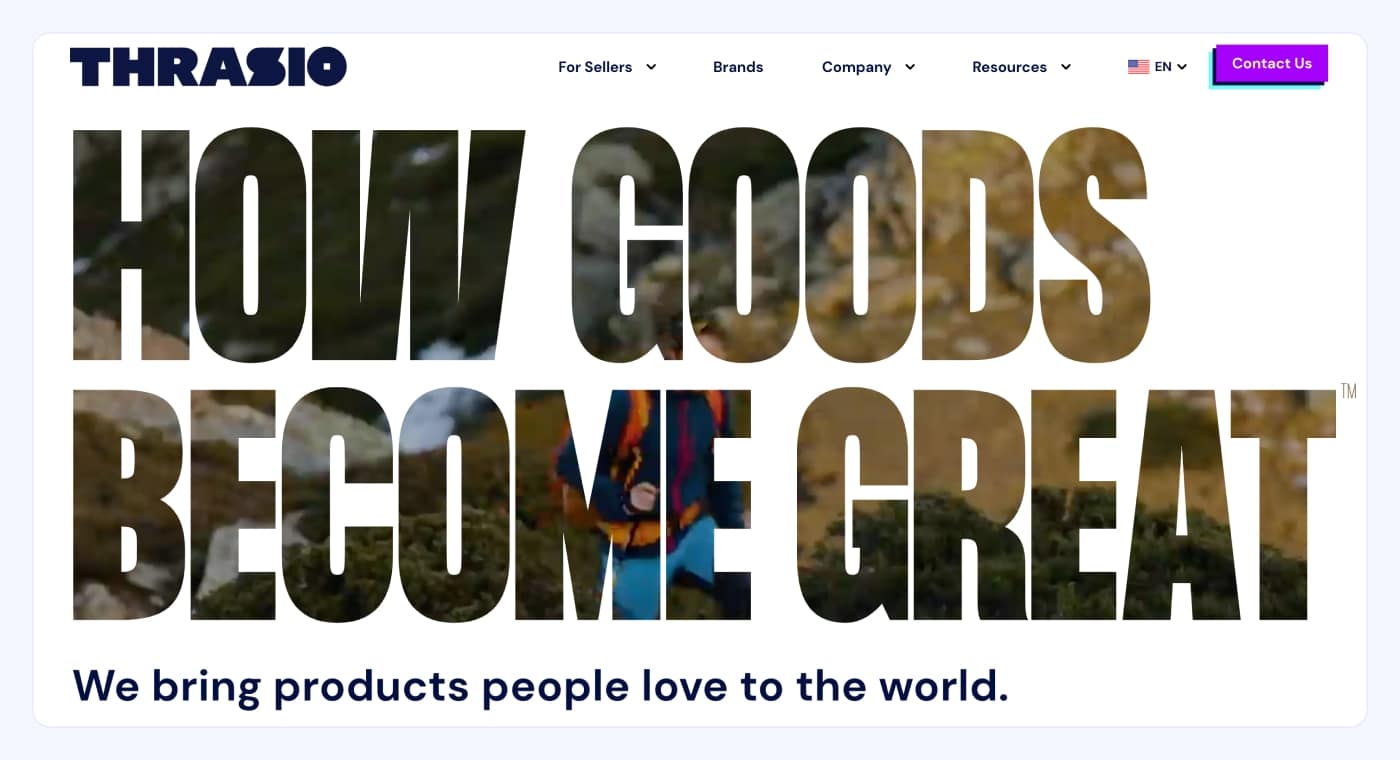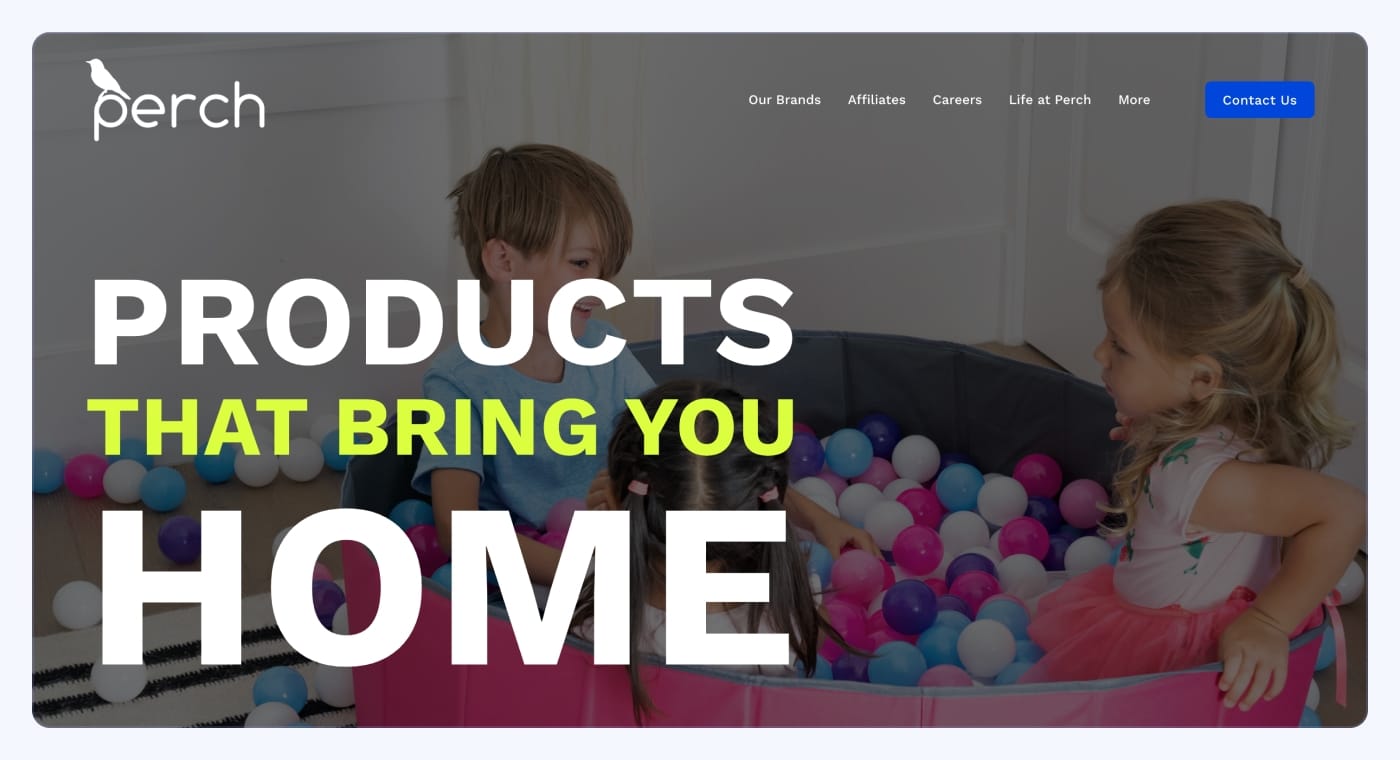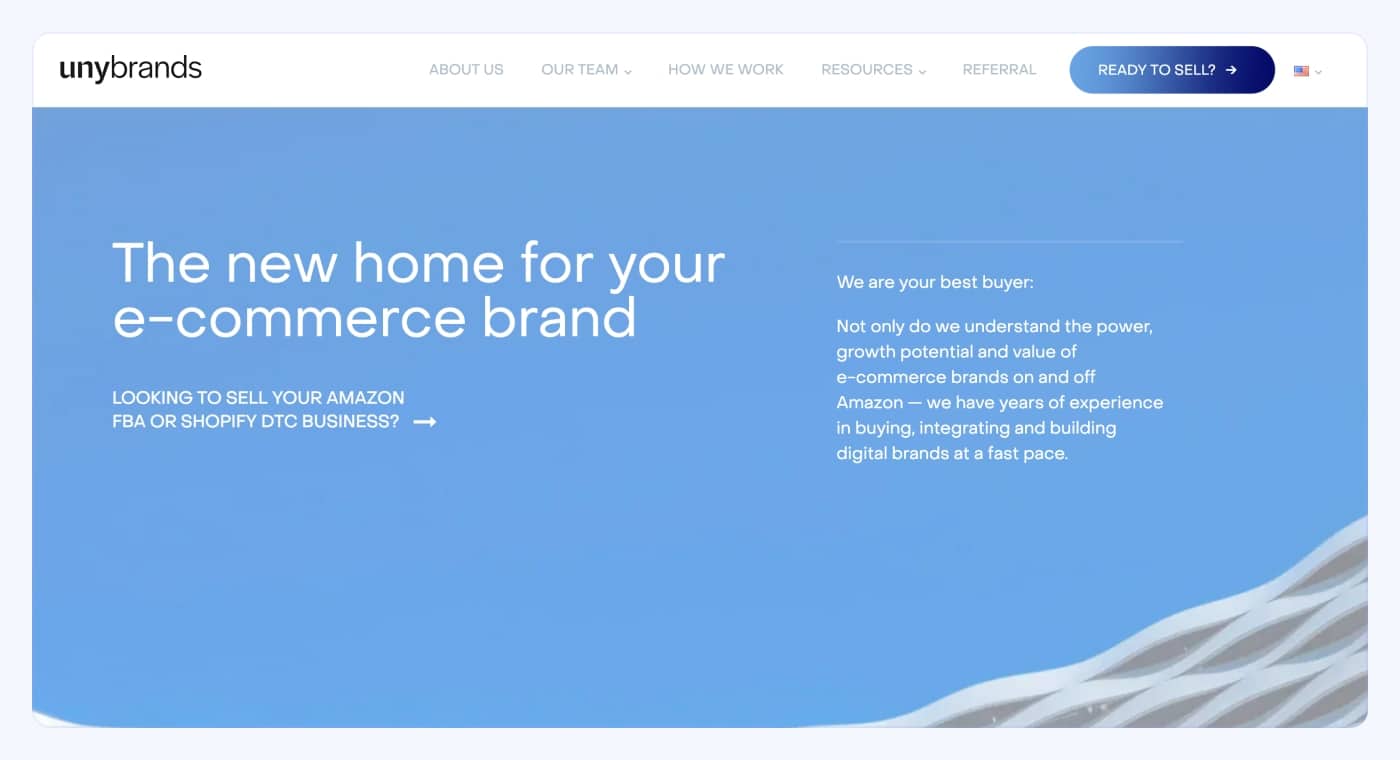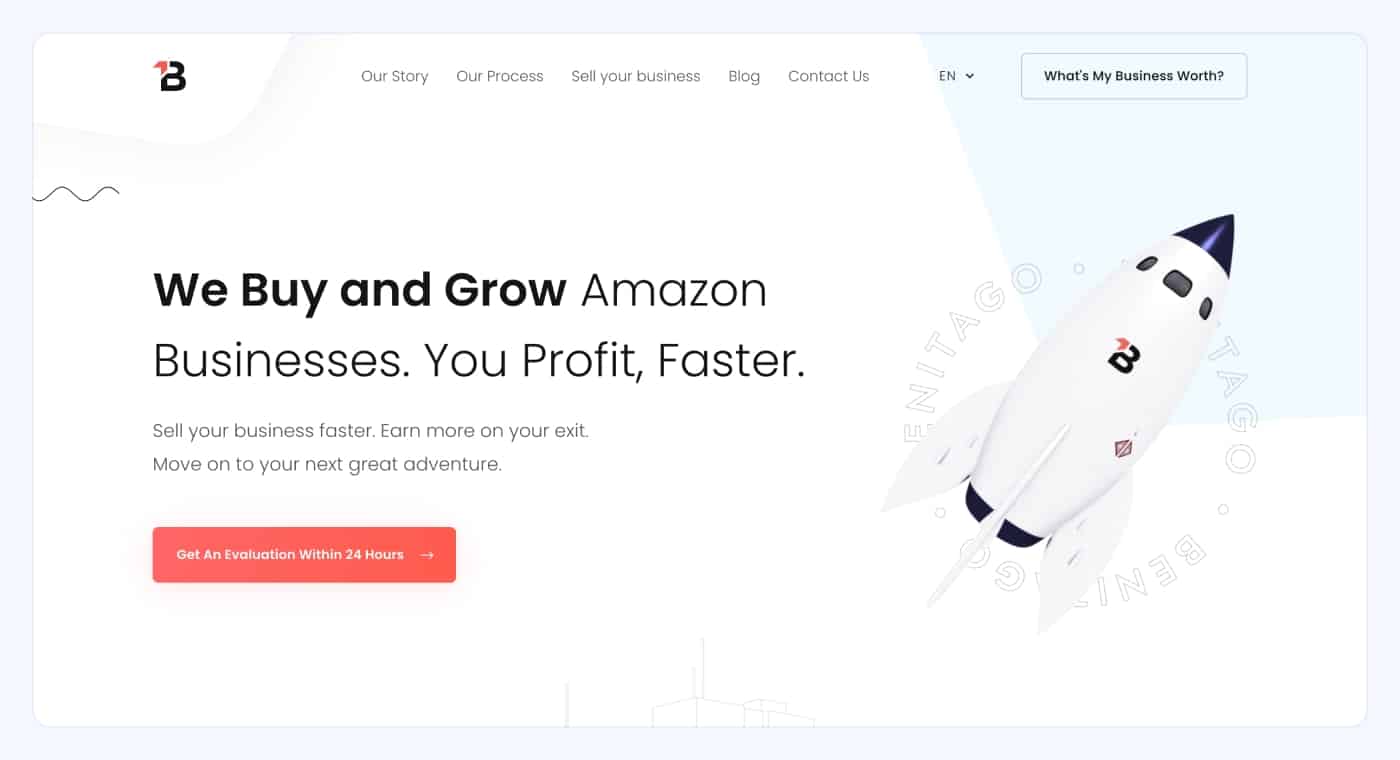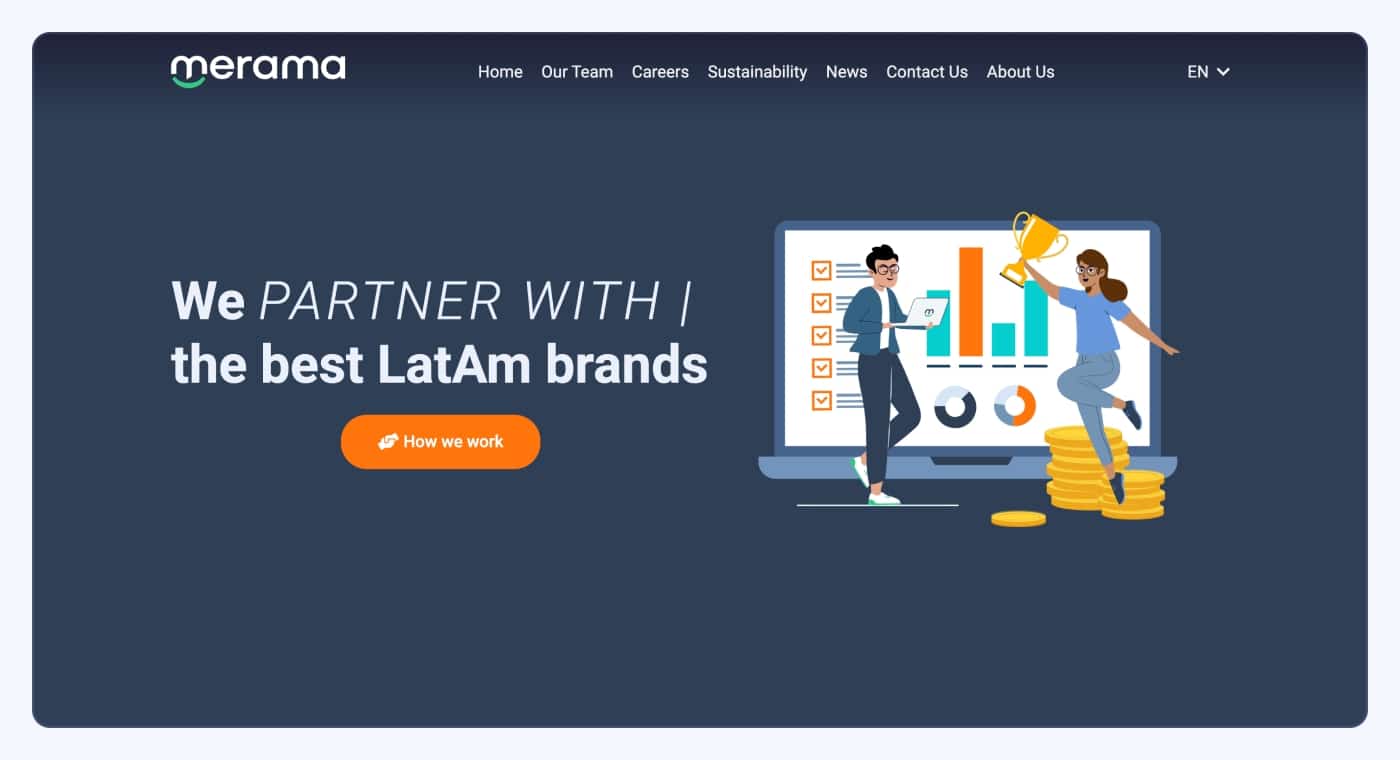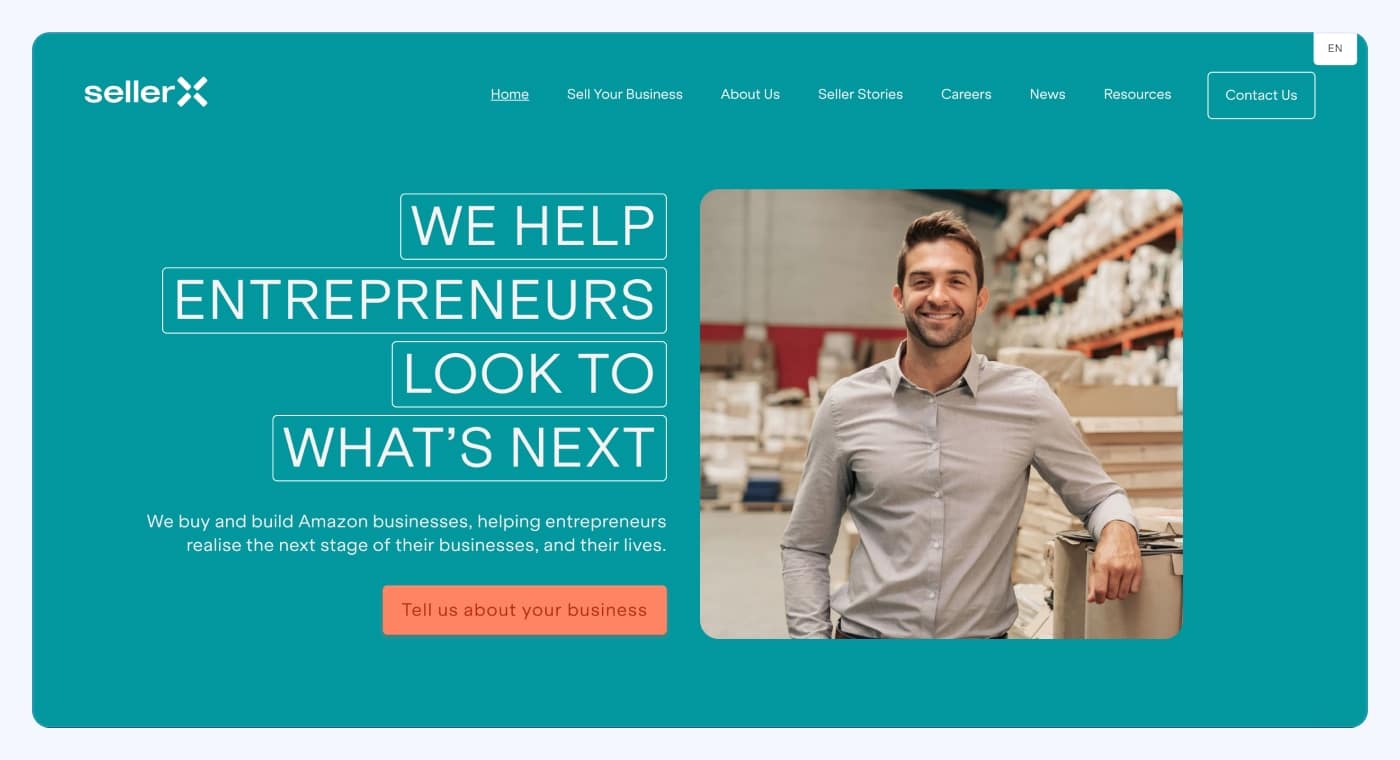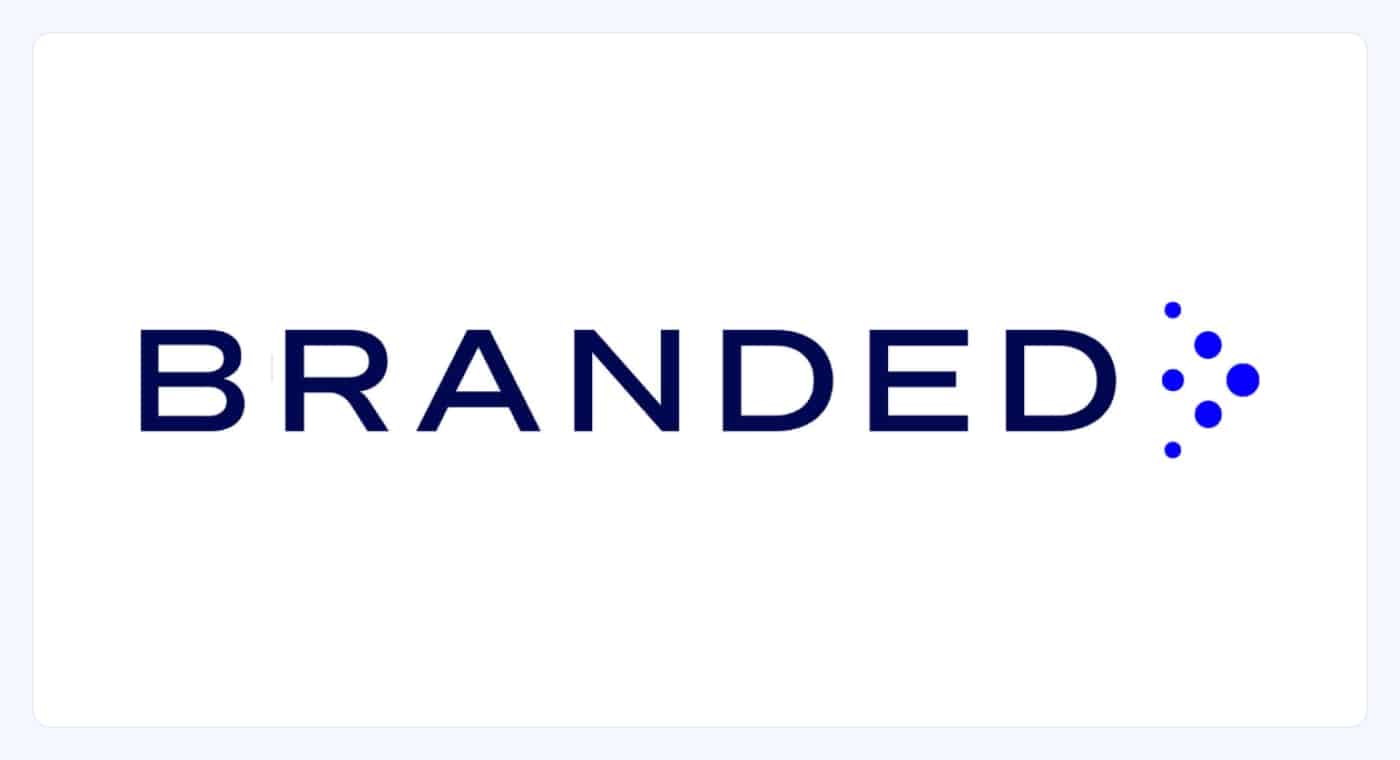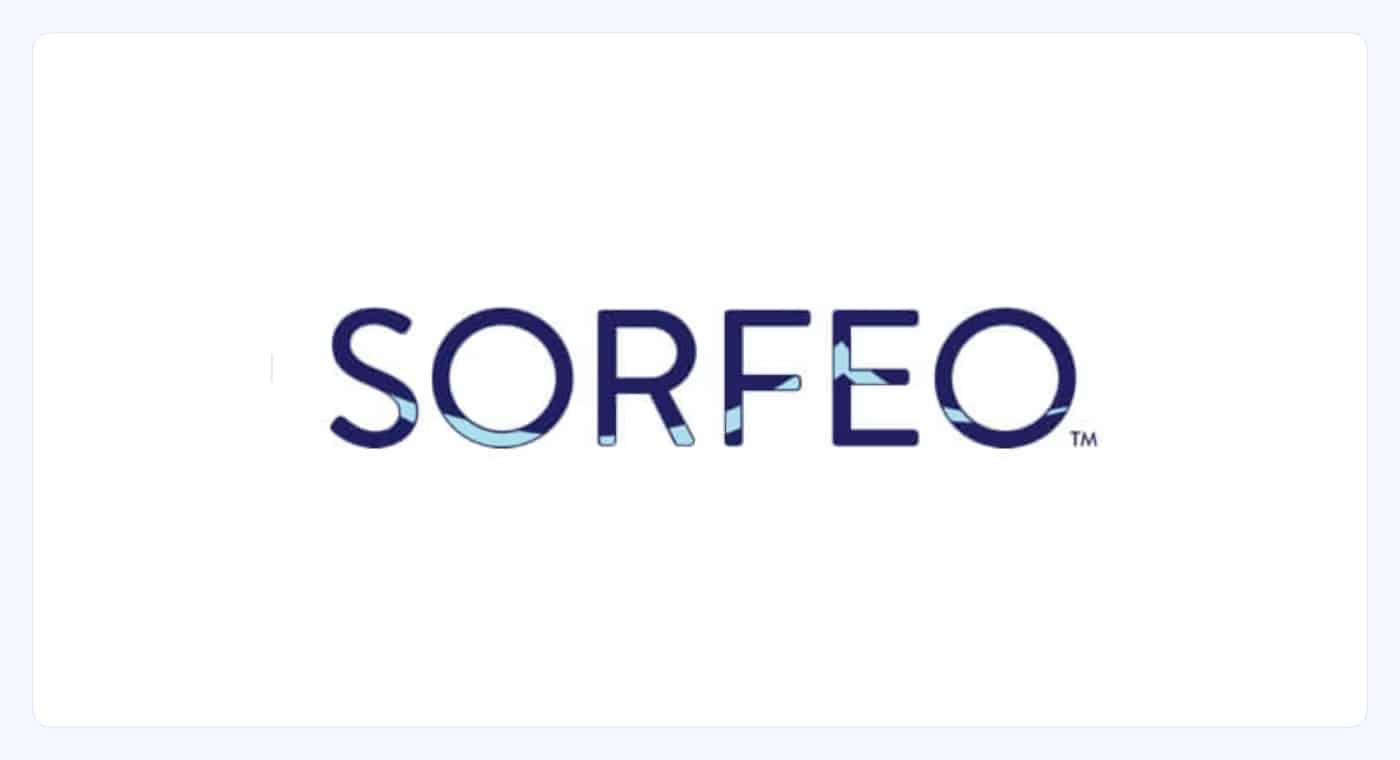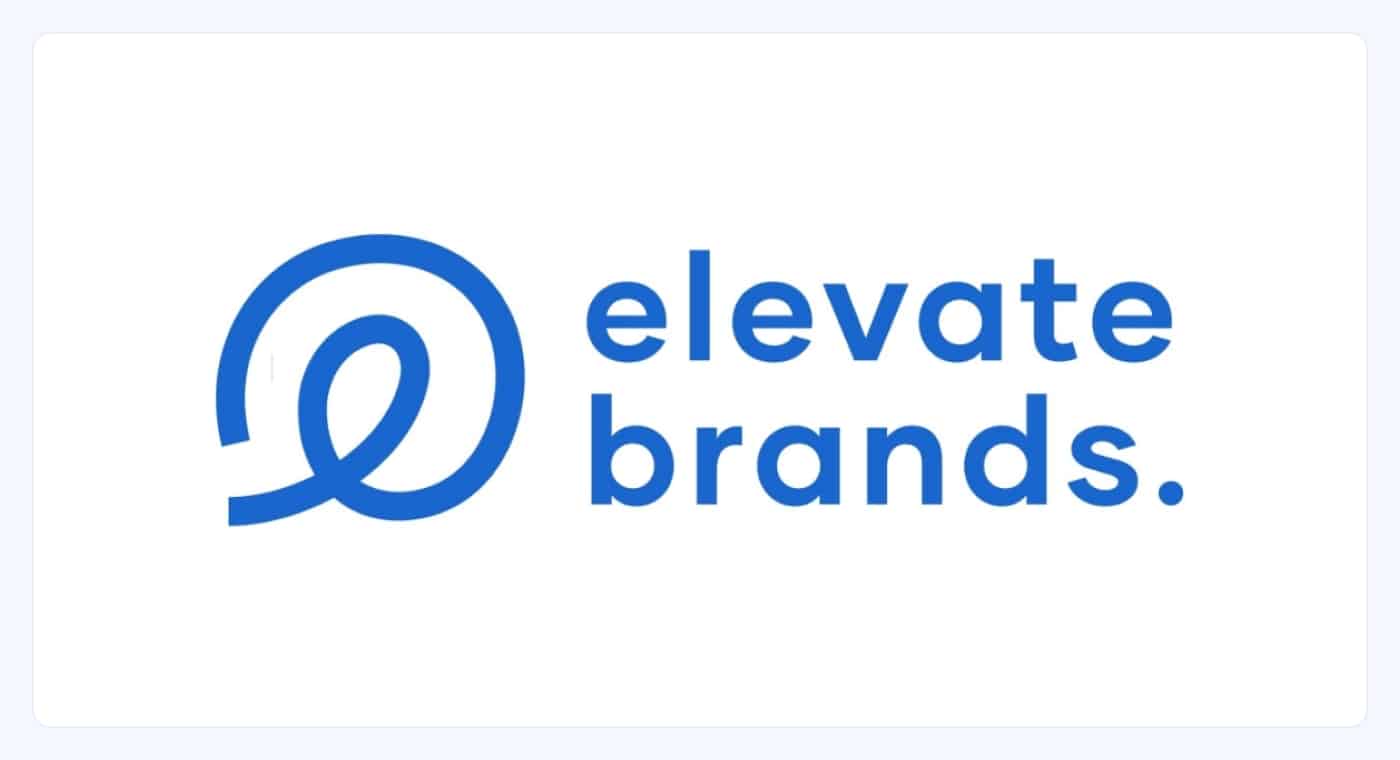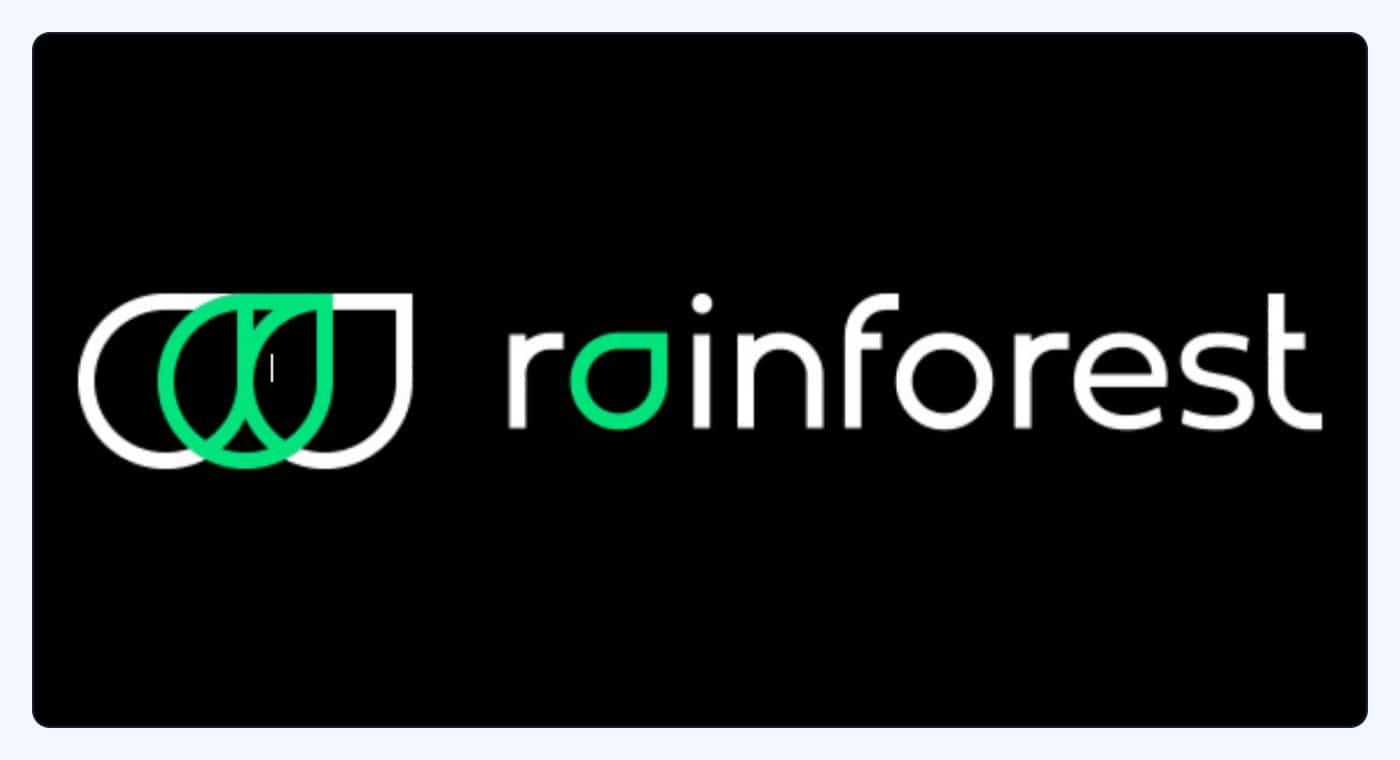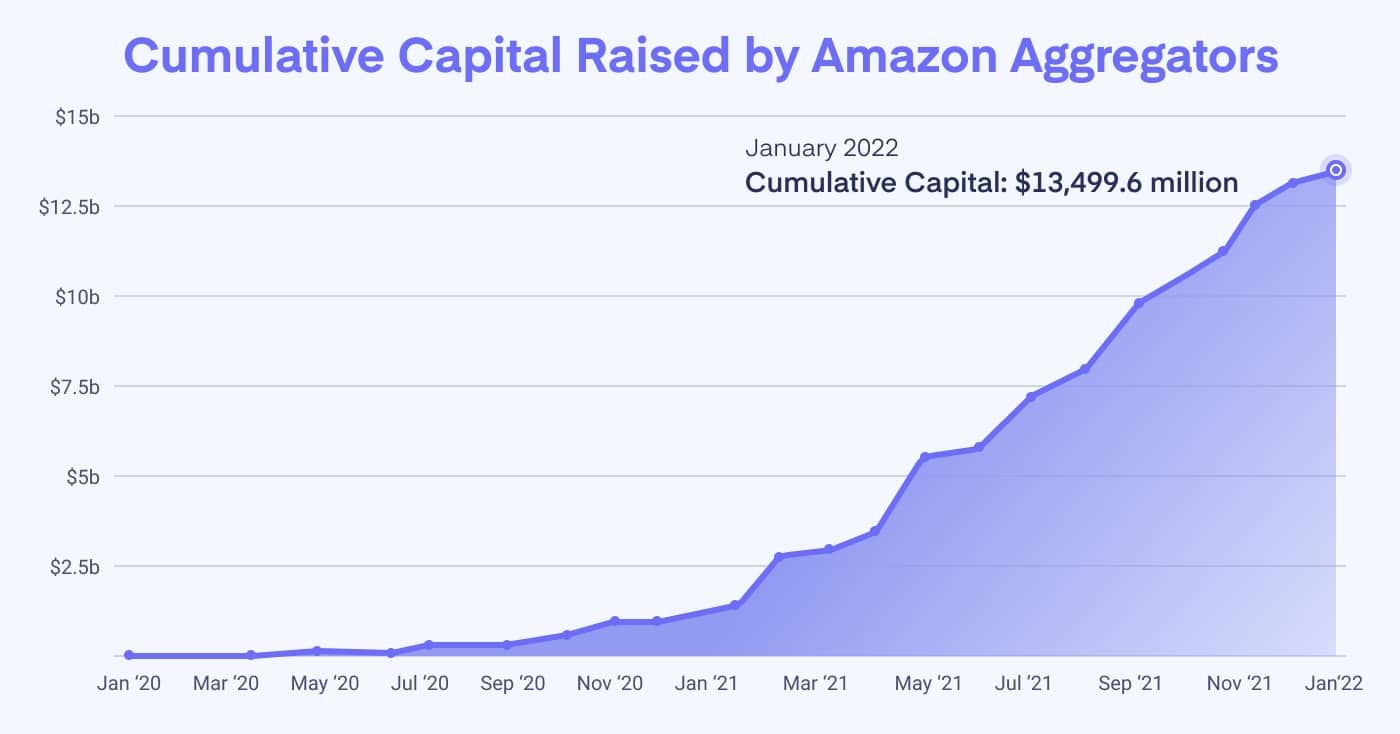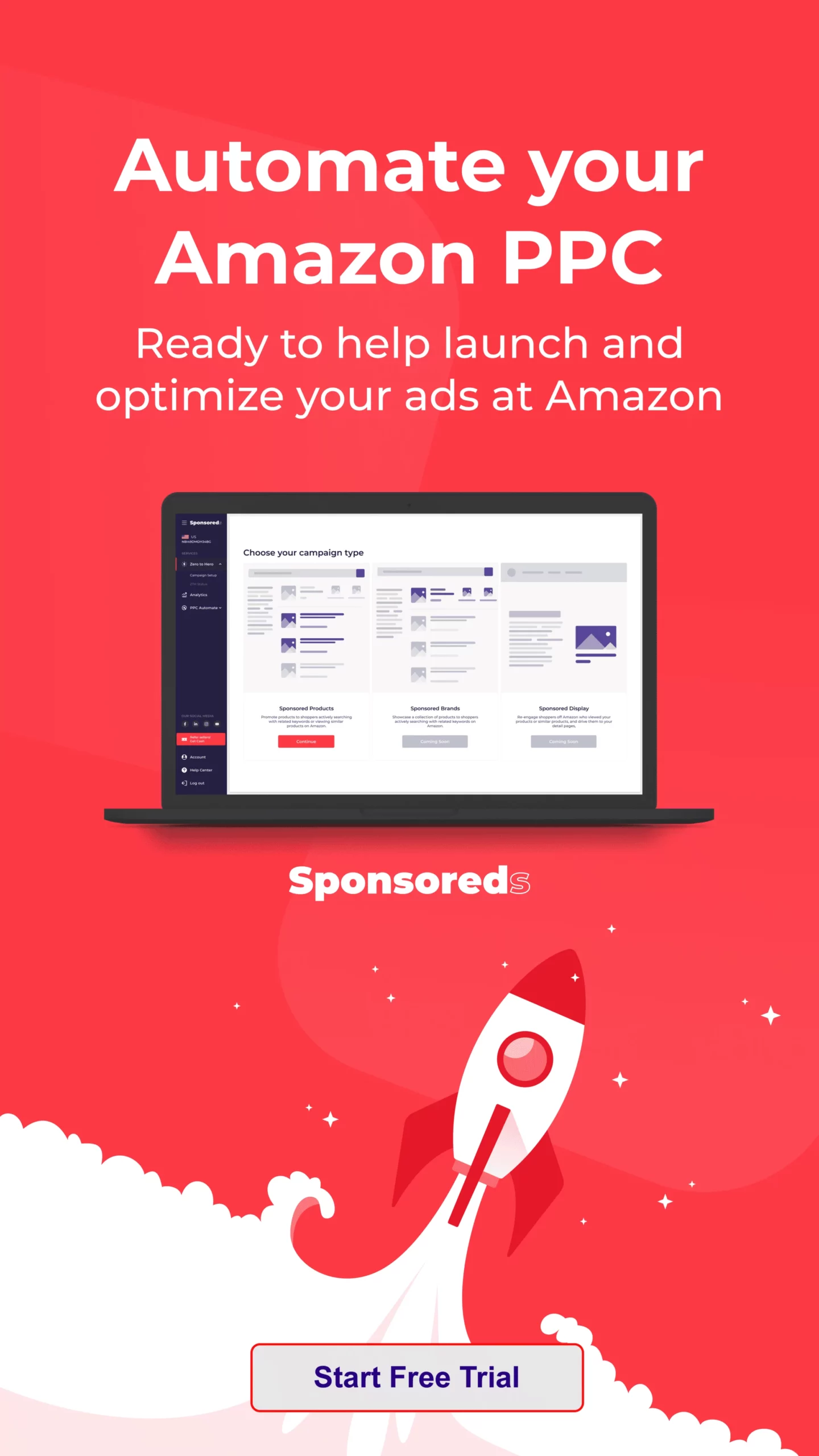Aggregators are an essential component of the Amazon seller journey. Annually, multiple new eCommerce sellers enter Amazon, and aggregators play a leading role in bringing sellers’ businesses to the next level.
Once a brand is built and does not know where to move next or wants to leave, this is where Amazon aggregators come into play. Knowing aggregators and what you can expect from them is a topic of great debate.
We will further examine what you need to know about the largest Amazon aggregators and how to pick the one that fits you.
Table of content:
- What Are Amazon Aggregators?
- Top Amazon Aggregators List
- What Does the Amazon Aggregator Business Model Mean?
- What Does an Amazon Aggregator Look For in a Brand?
- Understand Your Business Value Before Selling to Aggregators
- Should You Sell Your Brand to an Aggregator?
- Which Option to Start With?
- How to Decide Which Aggregator Should Purchase Your Brand?
- What Are the Advantages of Selling to Aggregators?
- Final Word
What Are Amazon Aggregators?
Amazon FBA aggregators are businesses that acquire different Amazon brands for the single purpose of bringing them together under one roof.
Simply put, it is a seller’s market. Therefore, if you run a business on Amazon and are seeking to sell it, now is the best time to get started. However, keep in mind that FBA aggregators do not settle for any old Amazon business.
Top Amazon Aggregators List
Nowadays, there are more than 90 active aggregators on Amazon, but we will list several major players in the market:
Thrasio
Based in Massachusetts, it has been an outstanding aggregator since 2018. The leader has acquired 200 brands across several categories and raised more than $3 billion last year.
Perch
Founded in Boston, this FBA aggregator has acquired more than 100 brands and raised $900 billion. Its team is a synergy of the top eCommerce experts, supply chain operations, and technology.
Unybrands
Headquartered in Miami, this global aggregator acquires brands on Amazon and Shopify and has teams strategically located in Berlin, London, New York, and Seattle.
Benitago Group
The New York-based group that created the Aggregator Match Guarantee is led by two former Dartmouth College students who designed and sold a hugely successful back pillow on Amazon.
Merama
Based in Mexico City, this consumer goods company specializes in building a portfolio of top Latin American brands.
SellerX
Founded in Berlin, this leading aggregator acquires and builds Amazon businesses with the convenience products customers need. It looks for major brands in the market with positive reviews and high growth potential.
Branded
It is another major player in the market that looks for sellers who have generated at least $1 million in revenue in the past year, with a preference for FBA businesses.
Sorfeo
Budding Sorfeo is actively acquiring businesses in the $200,000 to $1,000,000 sales range while focusing on majority FBA models. Founded in 2020, the company’s greatest strength is its leadership of seasoned entrepreneurs who have previously successfully run eCommerce businesses.
Elevate Brands
The Elevate Brands team knows for sure what it takes to run a profitable business on Amazon since they were Amazon sellers too. Having this personal experience is a competitive edge that makes them stand out among other players in the market.
Rainforest
If your annual income is between $600,000 and $15 million, you might be able to get a good deal with Rainforest. It is especially true if you are located in the Asia-Pacific region since the company emphasizes this specific region. Currently, Rainforest has raised over $30 million and is in the process of generating more. It aims to acquire 10-15 brands this year.
What Does the Amazon Aggregator Business Model Mean?
An Amazon aggregator business model means acquiring small Amazon brands that are already verified and growing them to expand and boost profit.
There are multiple business model types that aggregators look for. They are private label, proprietary, and wholesale. However, aggregators focus more on private label businesses because they are a more consolidated choice.
Proprietary goods or the ones that belong to a niche market are also a common choice if they are the type of business that turns big revenue.
What Does an Amazon Aggregator Look For in a Brand?
There are particular points that aggregators find the most attractive in Amazon businesses. Therefore, if you want to get the highest price possible, it is critical to learn what they value the most.
Fulfilled by Amazon
There are several reasons why FBA attracts aggregators.
First, they do not want to deal with packaging, shipping, and returns. Moreover, they want to be eligible for Prime status, which is much easier if you use FBA.
Profits and Margins
All acquirers are unique, but most require at least $200K annual net income. Some require a $500K annual net income. Most state a minimum net margin of 15%, whereas others will be satisfied with a 10% net margin, but not less.
Amazon Sales
Even though it depends on the acquirer, most want at least 80% of sales to go through Amazon with $800,000 to $1 million in income. Others will be fine with smaller numbers.
Number of SKUs
Bigger is not always better when it comes to SKUs. Aggregators would rather generate $2 million in income from just three or four SKUs than $2 million in sales from 60 SKUs.
Market Niche
Many aggregators are experts in particular markets and do not accept items that are fancy or highly seasonal.
Product Reviews
Aggregators want goods that are already well-established in the market. Products with a high rating and a large number of reviews are a sign of high quality and customers’ trust and loyalty.
Adherence to Terms & Conditions
Amazon reserves the right to deactivate accounts that infringe its terms. Therefore, aggregators are only interested in sellers who adhere to the conditions.
Registered Brands
Amazon aggregator companies are mainly looking for merchants who have their branded private-label products or who produce their own goods.
Customer Loyalty
Retained buyers are excellent for the business. Consequently, if you have a loyal customer base, you have a lot more room to negotiate.
Not a Fad
Acquirers look for businesses with excellent future potential and do not seem to disappear eventually.
Location
Even though almost all big sellers operate in the US market, many have expanded into other markets, namely Canada, Mexico, the UK, the EU, and beyond.
Most FBA aggregators are fine to acquire brands that have successfully sold across different marketplaces and are even based overseas. If you are an international merchant or have a big business that sells products beyond the US, these aggregators might be interested in acquiring your brand.
Timeless Demand
Apart from knowing what aggregators look for, it is essential to know what they do not look for.
Thus, Amazon seller aggregators do not want goods that could be deemed as ‘fads’. What they really want are businesses with long-term viability (i.e., items that will be demanded for years).
Understand Your Business Value Before Selling to Aggregators
Before selling your business on Amazon, it is necessary to understand your SDE (Seller’s Discretionary Earnings). SDE is the cash flow a company generates over the course of one year.
The formula for calculating SDE is:
SDE = Net Profit + Add backs
While SDE calculates how much a company makes, it excludes earnings before depreciation, amortization, and income taxes. It is crucial to consider as it gives acquirers an insight into the amount they should receive after acquiring a company.
SDE does not mean profit only, but it is the clearest depiction of a company’s profits when compared to measuring revenue alone.
Should You Sell Your Brand to an Aggregator?
Starting a business is always thrilling, and your motivation and level of interest in the initial stages are at an all-time high. Nonetheless, over time, as your business scales, it gets challenging to manage.
You must have all the necessary resources, the means to grow and hire additional staff to cope with the growing scale of your operations, and much more. While many merchants go ahead, others are fine when their company reaches a particular level, and then they just want to successfully exit their business. If you feel that you have reached this saturation point, then you should sell your business.
Many sellers start their business with the sole purpose of getting it to the point where they can sell it for a big profit. They invest in Amazon sales and advertising for these items to generate a high income so that if they decide to sell, they know they will get a considerable payout that they can further leverage to fund some other business ventures.
If you are a seller who is interested in trying to inspire new business ideas, then you will probably want to spend your time and money on scaling your Amazon business. Your ultimate goal is to find an acquirer that will pay you as much as your company’s worth.
Sometimes, merchants personally feel like they have done their best with their business, but also feel like it can grow in someone else’s hands. It is exactly when you must consider selling to an acquirer because they have the staff, experience, and skills and will do whatever it takes to purchase your company and grow it to greater heights.
It is sometimes challenging for individual merchants to scale their businesses alone. It is due to red tape and a wide range of operational processes. So aggregators are an excellent choice as they know how to handle everything systematically.
Which Option to Start With?
If it seems a little suppressing, take your time. There are multiple options out there, and not all of them will work for your business: whether to be actively purchased right now, or make a better deal later on. Undoubtedly, you can call some of the sellers yourself, or you have already received unsolicited offers from some of them who found you first.
Another option is to partner with a business broker for eCommerce merchants, who probably knows better than you which ones are right for your specific business. The downside to this approach is that you are giving away a portion of your selling price as a commission to the broker. It can be good if the deal they give you is much better than the one you could find yourself, even after the commission.
There is a considerable number of firms that can help you connect with the relevant Amazon acquirers, who are paid by the aggregators, instead of taking a commission on the cost of the sale itself.
How to Decide Which Aggregator Should Purchase Your Brand?
There are some critical aspects to ask your aggregators and evaluate them on the points below:
- Assess the potential aggregator’s level of expertise, knowledge, and experience in running a business like yours.
- Meet as many acquirers as possible and make sure you have a clear idea of who will be managing your brand, evaluate if potential brand managers have what it takes to grow your brand.
- Make sure the aggregator has enough funds because, after all, your brand has to be worth the money when a new buyer acquires it.
- Choose the aggregator based on what they are best suited for. If you sell in a narrow niche or are looking for an acquirer that can offer you better deals, then an individual buyer may be the best fit to acquire your business.
- If you are targeting experiential aggregators, institutional buyers make sure that everything goes smoothly and in a shorter time, as they are bound by their reputation in the market.
What Are the Advantages of Selling to Aggregators?
When it comes to selling your business to the biggest Amazon aggregators, you have many advantages. Let’s review some of them:
- Aggregators pave the way for small and medium enterprises to scale to a degree that is normally impossible for them due to a lack of funding, resources, etc.
- They have sufficient funding and no need for the external budget when buying a brand, so the process is faster and easier.
- Aggregators are known to have teams of Amazon experts working to scale the brand along with data-proven technology to boost sales and income for small and medium businesses.
- The best aggregators select only the most promising companies with excellent potential to turn them into international businesses. Therefore, if you manage to sell to a well-known aggregator, you can be sure that your company will make big strides in international markets thanks to Amazon’s sales and advertising mastery of aggregators.
- Aggregators work on every aspect of your Amazon business – SEO, listing optimization, keyword research, product research, contextual advertising, and much more to grow your business as a whole.
Final Word
This article covers everything you need to know about Amazon aggregators and the acquisition process. You are now better equipped to sell your business with confidence and make decisions that are best for your brand.
While reading up on this list, keep in mind that it is by no means exhaustive! It is a hot drive right now, with dozens of such aggregators vying to buy eCommerce businesses like yours. We believe that the more aggregators you communicate with, the better since each of them offers something different.
If you contact us, we will be more than happy to provide you with a free consultation and answer all your questions.

